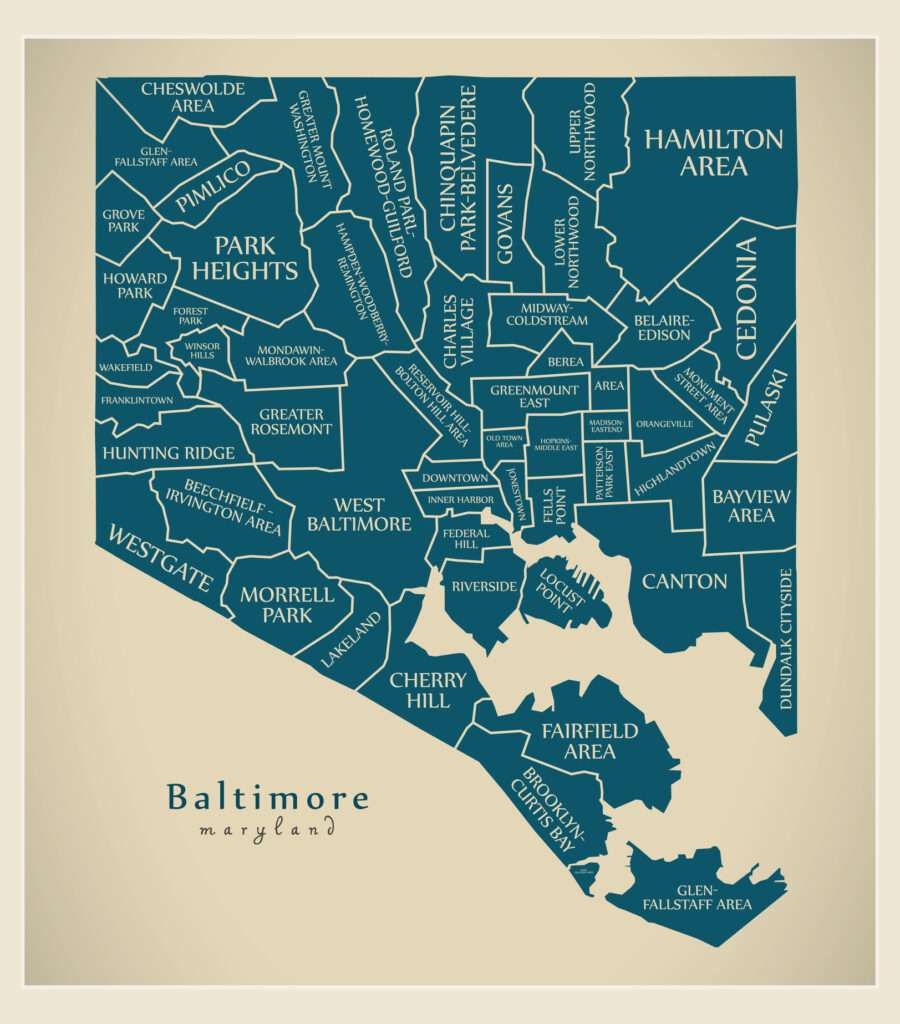Community-Driven Partnerships with Community-Engaged Research Teams Bring Resources and Reliable Information to Baltimore Residents
 This case study presents an analysis of community-driven partnerships, focusing on the nonprofit Baltimore CONNECT (BC) network and its collaborative efforts with a Community-Engaged Research (CEnR) team of the Johns Hopkins Institute for Clinical and Translational Research (ICTR). BC has built a network of over 30 community-based organizations to provide health and social services in Baltimore City. The study emphasizes the role of CEnR in supporting community-led decision-making, specifically in the planning and implementation of community health resource fairs. These fairs address social determinants of health by offering a variety of services, including health education, screenings, vaccinations, and resource distribution. The paper details the methods, resource mobilization, and collaborative framing processes in the execution of these fairs in a community-academic collaboration with the ICTR. Results from a 2.5-year period show the positive impact of the fairs on individuals, families, and the community at large in East Baltimore. The findings underscore the importance of community-led collaborations in improving overall community well-being. It concludes by reflecting on the sustained engagement, trust-building, and shared learning that emerges from such partnerships, suggesting a model for future community-academic health initiatives.
This case study presents an analysis of community-driven partnerships, focusing on the nonprofit Baltimore CONNECT (BC) network and its collaborative efforts with a Community-Engaged Research (CEnR) team of the Johns Hopkins Institute for Clinical and Translational Research (ICTR). BC has built a network of over 30 community-based organizations to provide health and social services in Baltimore City. The study emphasizes the role of CEnR in supporting community-led decision-making, specifically in the planning and implementation of community health resource fairs. These fairs address social determinants of health by offering a variety of services, including health education, screenings, vaccinations, and resource distribution. The paper details the methods, resource mobilization, and collaborative framing processes in the execution of these fairs in a community-academic collaboration with the ICTR. Results from a 2.5-year period show the positive impact of the fairs on individuals, families, and the community at large in East Baltimore. The findings underscore the importance of community-led collaborations in improving overall community well-being. It concludes by reflecting on the sustained engagement, trust-building, and shared learning that emerges from such partnerships, suggesting a model for future community-academic health initiatives.
Kumpf E, Thamilselvan V, Wang E, Barger P, Gentry J, Bash C, Young D, Byiringiro S, Bodurtha J, Brown A, Guo M, Carter A, Price L, Smith P, Lacanienta C, Himmelfarb C, and Wu AW. Community-driven partnerships with Community-Engaged Research teams bring resources and reliable information to Baltimore residents. Journal of Clinical and Translational Science. 2024;8(1):e205. doi:10.1017/cts.2024.606
